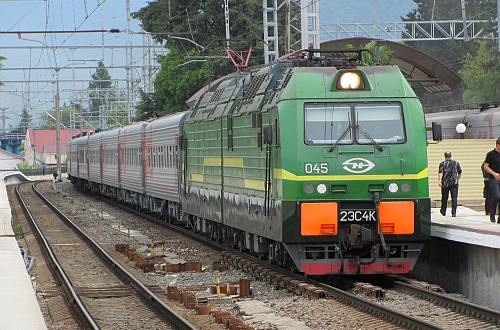Russian Railways (RZD) estimates that, if implemented, the cutbacks would lead to the loss of around Roubles 5bn (US$ 170m) from its annual subsidy and could trigger a 40% decline in long-distance ridership over 3-4 years.
However, the original author of the proposal, deputy finance minister Mr Andrei Ivanov argues that this is acceptable, because many people would prefer to fly if the option was available.
The proposition came after the results of a study conducted by several government agencies. According to the Finance Ministry, the study compared ten air and rail routes of varying distance, and passenger traffic on these routes between 2000 and 2011 year, and found that the number of passengers flying distances of 1500km or more had grown steadily, while the number the number travelling by train had declined.
The study reports that on the 2891km Moscow – Novosibirsk route, rail passenger traffic has fallen by 73.8% over the last 11 years, while air has extended its market share from 58% to 89% over the same period. The average sleeper fare between the two cities in 2012 was just under Roubles 10,500, compared with Roubles 7000 for the average airline ticket.

